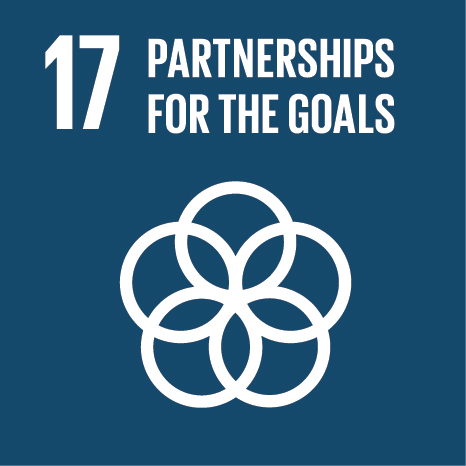Ciência_Iscte
Publications
Publication Detailed Description
Phylogenetics and population genetics tools for vectors and vector-borne pathogens: COST Action EurNegVec, Training School 6
Journal Title
Anais do Instituto de Higiene e Medicina Tropical
Year (definitive publication)
2018
Language
English
Country
Portugal
More Information
Web of Science®
This publication is not indexed in Web of Science®
Scopus
This publication is not indexed in Scopus
Google Scholar
This publication is not indexed in Overton
Abstract
Phylogenetics and Population Genetics provide knowledge on ecological and evolutionary processes significant to vector-borne diseases, through the analysis of spatial and temporal patterns of genetic variation in arthropod vectors and their pathogens. The Centre for Global Health and Tropical Medicine (GHTM) / Institute of Hygiene and Tropical Medicine (IHMT) hosted an international Training School on “Phylogenetic and population genetics tools for vectors and vector-borne pathogens” (TS6), within the COST Framework EurNegVec (the European Network for Neglected Vectors and Vector-Borne Infections BMBS COST Action TD1303).The main aims of the Training School were to help the trainees to: 1) learn the basic principles of phylogenetics and population genetics studies; 2) understand the implications of such studies for the surveillance and control of vector-borne diseases; 3) to train on several dedicated software. In this paper we present a synopsis of this one-week Training School, of its main contents and participants.
Acknowledgements
--
Keywords
COST Action,phylogenetics,population genetics,Training School,vector-borne diseases
Fields of Science and Technology Classification
- Biological Sciences - Natural Sciences
- Other Medical Sciences - Medical and Health Sciences
Contributions to the Sustainable Development Goals of the United Nations
With the objective to increase the research activity directed towards the achievement of the United Nations 2030 Sustainable Development Goals, the possibility of associating scientific publications with the Sustainable Development Goals is now available in Ciência_Iscte. These are the Sustainable Development Goals identified by the author(s) for this publication. For more detailed information on the Sustainable Development Goals, click here.

 Português
Português




